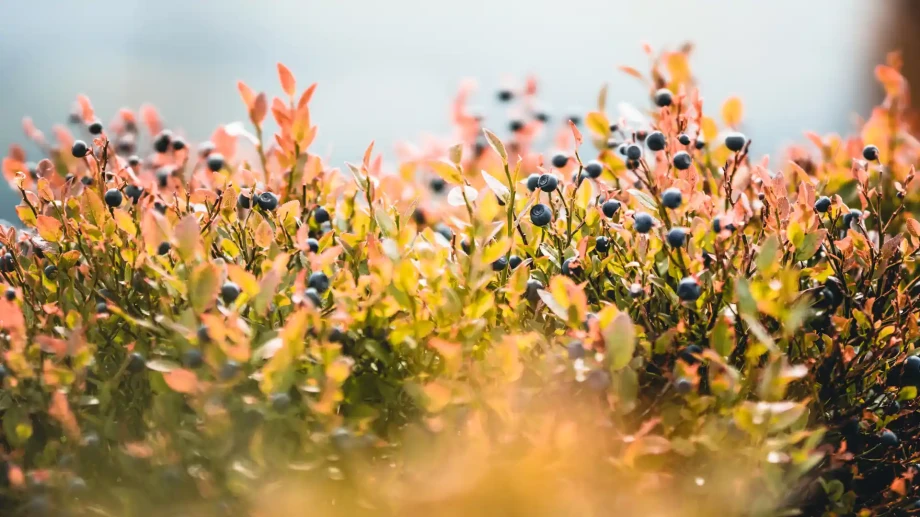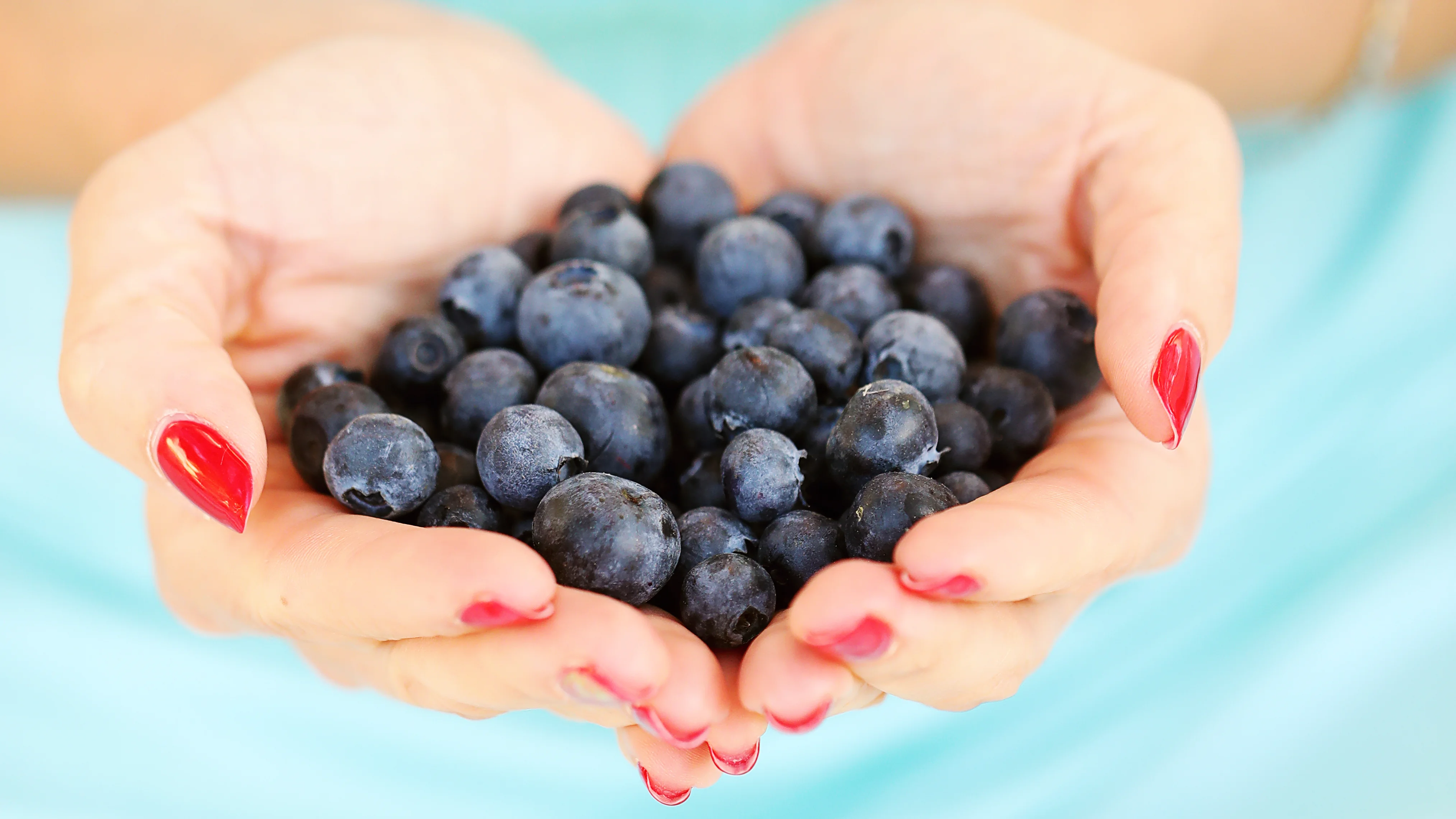An investigation in Australia confirms: blueberries from Northern New South Wales are safe and free of residues of banned pesticides such as thiometon.
After the concerns raised by a 2024 study, which reported the presence of the unauthorized pesticide thiometon in some samples of blueberries purchased at retail in Northern NSW, Australian authorities conducted a joint review to verify the data. The initiative is part of the national food safety policies adopted across Australia.
The verdict is clear: no evidence of illegal pesticide use in blueberries destined for domestic consumption and export.
Results of the analyses
The results: reassuring industry data, invalid research method.
The Environment Protection Authority (EPA) and the NSW Food Authority re-examined the study results, comparing them with those provided by FreshTest, an industry-accredited Australian laboratory. FreshTest analyses, carried out in the same months as the study (October and November 2024), did not detect any trace of thiometon in the blueberries tested.
Furthermore, the authorities highlighted that the method used in the research was not accredited for the analysis of fresh fruit such as berries, making the results scientifically unreliable and not representative of the Australian supply chain.
Controls and recommendations
Controls on berries will continue in Australia.
The NSW Food Authority announced that it will carry out new specific tests on blueberries on the market to confirm the absence of the pesticide. The EPA, for its part, will step up monitoring activities on the correct use of pesticides in the Mid and North Coast regions, in line with food safety standards.
Finally, the authorities remind consumers in Australia of the importance of thoroughly washing fresh fruit and vegetables under running water before consumption.
Source: www.epa.nsw







